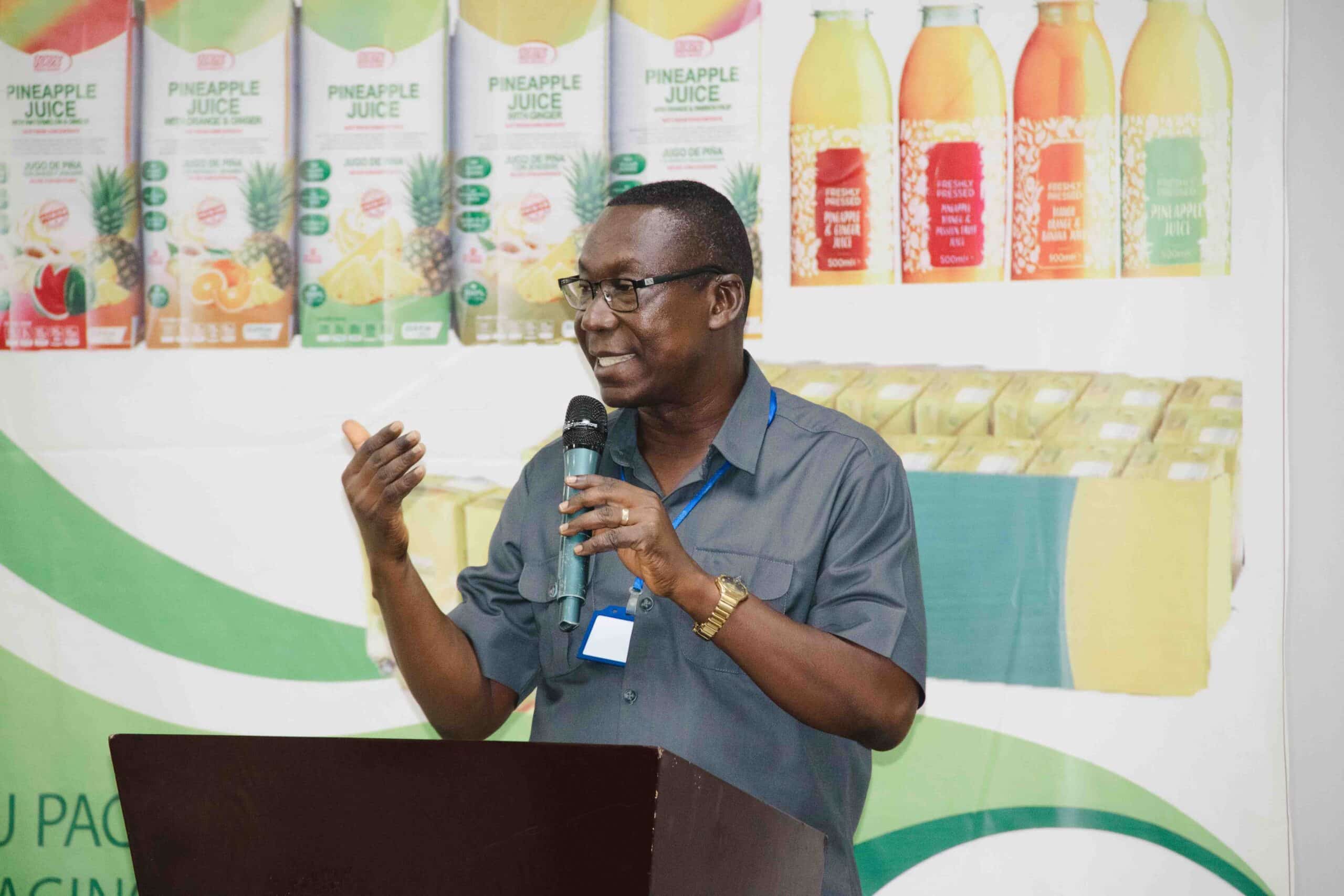One-third of food produced in the World is wasted, however food waste is a particular problem within the UAE. Overall the UAE is ranked 49th in the current Food Sustainability Index (FSI), 38th place for food waste and is ranked last on the index in terms of sustainable agriculture.
What is the scale of food waste in UAE?
Food waste costs the UAE an estimated 3.5 billion dollars (3.1 billion Euros) per year according to the Ministry of Climate Change and Environment. Khalid Al-Huraimal, the CEO of Emirati environmental-management company Bee’ah, said up to 38% of food is wasted in the UAE, and this figure rises to 60% during Ramadan. During Ramadan demand for meat increases by almost 50%, alongside other items like vegetables, fruits, and dairy products.
What are the solutions to food waste in the UAE?
Ne’ma awareness campaigns
Ne’ma which aims to encourage the public and private sectors across the food chain to address food waste and encourage responsible consumption to preserve food resources.
Using AI to reduce food waste
London-based start-up Winnow Solutions is using artificial intelligence (AI) to scan and identify excess food waste with cameras within the UAE. They claim they can prevent up to 70% of food waste in the first year of use.
Focus on hospitality
A third of food wasted is within the hospitality sector, where it can impact on profitability as well the environment. Many restaurants and hotels are switching away from buffets, where a lot of food is not eaten, to à la carte menus or smaller buffets.
Household waste
Dubai Carbon advises households to buy loose vegetables, which allows them to buy only the amount needed; and to select products that do not have an extra layer of packaging.
Redistributing unwanted food
Tech company BonApp currently works with 150 food providers who sell their excess food through the app to users.
Food for those who need it
The UAE Food Bank was launched in 2017 to help feed those in need and reduce food waste.
Innovations for food waste
Innovative solutions for food waste are also being developed in the UAE such as the Dubai Central Lab (DCL) which are promoting food waste recycling by using a machine that can artificially digest food and turn it into grey water.
Businesses thinking sustainably
Others are simply composting waste. For example, at the Cave Rotana Hotel in Ras Al Khaimah, food waste is put into a composter before fertilising the hotel grounds.
Zero waste initiatives
The Region’s First Commercial Scale Waste to Energy Plant in the Emirate of Sharjah was inaugurated in 2022. The Emirates Waste to Energy company is a joint venture between Bee’ah, the Middle East’s sustainability pioneer, and Masdar, one of the world’s leading renewable energy companies.
Managing food waste in UAE
In a region with limited agricultural land and high import dependency, the excessive food loss and waste experienced in the UAE is unsustainable and extremely detrimental to both economic health and food security.
At Farrelly Mitchell, we advise government agencies, multilaterals, NGOs and corporates on tools, technologies, and strategies to mitigate waste, optimise resource usage, and ensure long term sustainability, resilience, and food security.
We can advise our clients on suitable agtech and foodtech for improved efficiency, the implementation of circular economy practices, agri input and water management, and innovative new farming solutions such as controlled environment agriculture. Connect with our team today to find out more.














